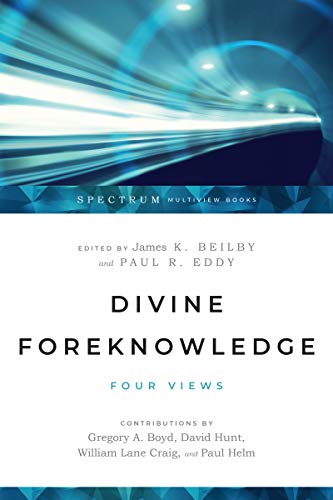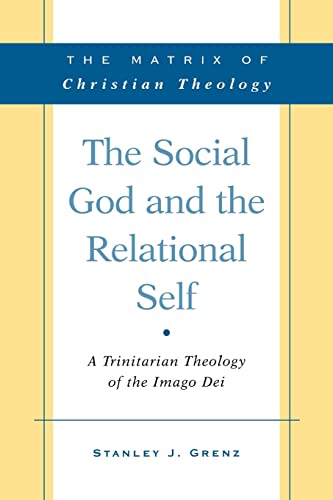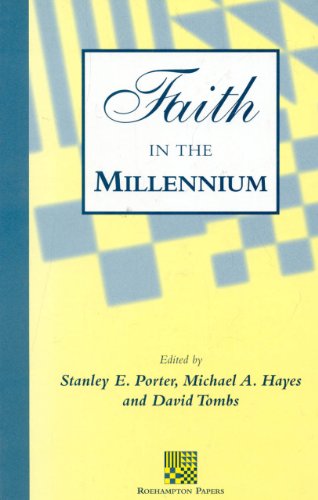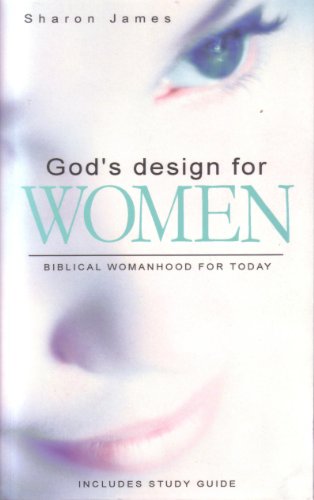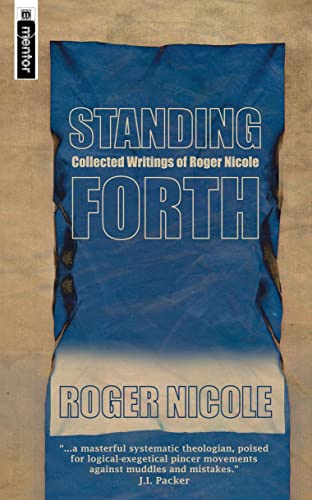DIVINE FOREKNOWLEDGE: FOUR VIEWS
Written by James K. Beilby and Paul R. Eddy (eds) Reviewed By Patrick RichmondThis book brings together four views on the contentious subject of divine knowledge of the future: Gregory Boyd with an ‘open’ view, David Hunt with a ‘simple-foreknowledge’ view, William Lane Craig with a ‘middle-knowledge’ view and Paul Helm presenting an ‘Augustinian-Calvinist’ view. The editors aim ‘to make this book accessible to educated laypeople and college students who have had a first course in theology or philosophy’. While Boyd’s essay is accessible, the others are quite technical. The glossary at the back is more than seven pages long and familiarity with the basic moves in the foreknowledge debate would be a huge advantage, though a committed beginner might gain understanding after a few re-reads.
Boyd presents a view of the future as partly ‘open’ and unsettled. He argues from biblical texts describing God changing his mind, repenting of decisions, speaking in ‘may bes’ and expressing disappointment and surprise. God foreknows some things because he guarantees to bring them about, sometimes using the settled character and intentions of his creatures. The others argue that this view is incomplete and selective in its use of the Bible, offers an untraditional, counterintuitive account of omniscience, involves God in guaranteeing evil choices and does not really explain God’s permission of evil better than traditional views.
Hunt argues that God simply knows the future. He sees three main problems with this, that such knowledge means that it is impossible to choose otherwise, that it is incompatible with God’s intentional action and that it would be no help in governing the world. He responds that people are still free because God’s foreknowledge is ultimately explained by their choices and not vice versa, that God still has intentions even if he does not acquire them like an ignorant agent does, and that God can ‘gain a providential edge’ using his knowledge of the future.
The others criticise the idea that there is a settled future to know (Boyd), that one can have indeterministic, ‘libertarian’ freedom and yet it be impossible to choose otherwise, and suggest that that it is unclear how God could bring about an earlier part of the future in the light of selective knowledge of a later part of the future in the way Hunt seems to imagine.
Lane Craig argues that God knows what a creature would choose in any situation and therefore is able to know the future and elicit future free actions by creating the desired situations. This explains Biblical texts describing what people would have done in counter-factual situations and offers a fruitful account of providence.
The others attack the idea that there are such truths about what a free creature would choose; perhaps the truth is that a free creature might choose one way and might choose another. The idea that there are truths about what one would certainly choose, independent of whether one even exists, is deeply mysterious and hardly suggests libertarian freedom to choose otherwise.
Helm argues that the Biblical idea that salvation is by grace alone rules out libertarian freedom, that lack of libertarian freedom would explain how God knows and governs the future while libertarian freedom is incompatible with foreknowledge.
Criticism surrounds Helm’s understanding of salvation, how he explains evil and his lack of explanation of how God can hold humans responsible when they cannot choose otherwise.
The book does a good job of showing how complex this debate really is. My summary omits the issues of Biblical interpretation, the nature of freewill, truth, hard and soft facts, hypothetical and counterfactuals, backwards causation and other metaphysical and theological issues that the contributors discuss. This book is not ideal for beginners, nor is it long enough to allow the contributors to respond to their critics or do full justice to their views, but it would still prove useful for philosophically-inclined students who wish to get a balanced overview of the main issues at stake in the contemporary debate over foreknowledge.
Patrick Richmond
St Catharine’s College


